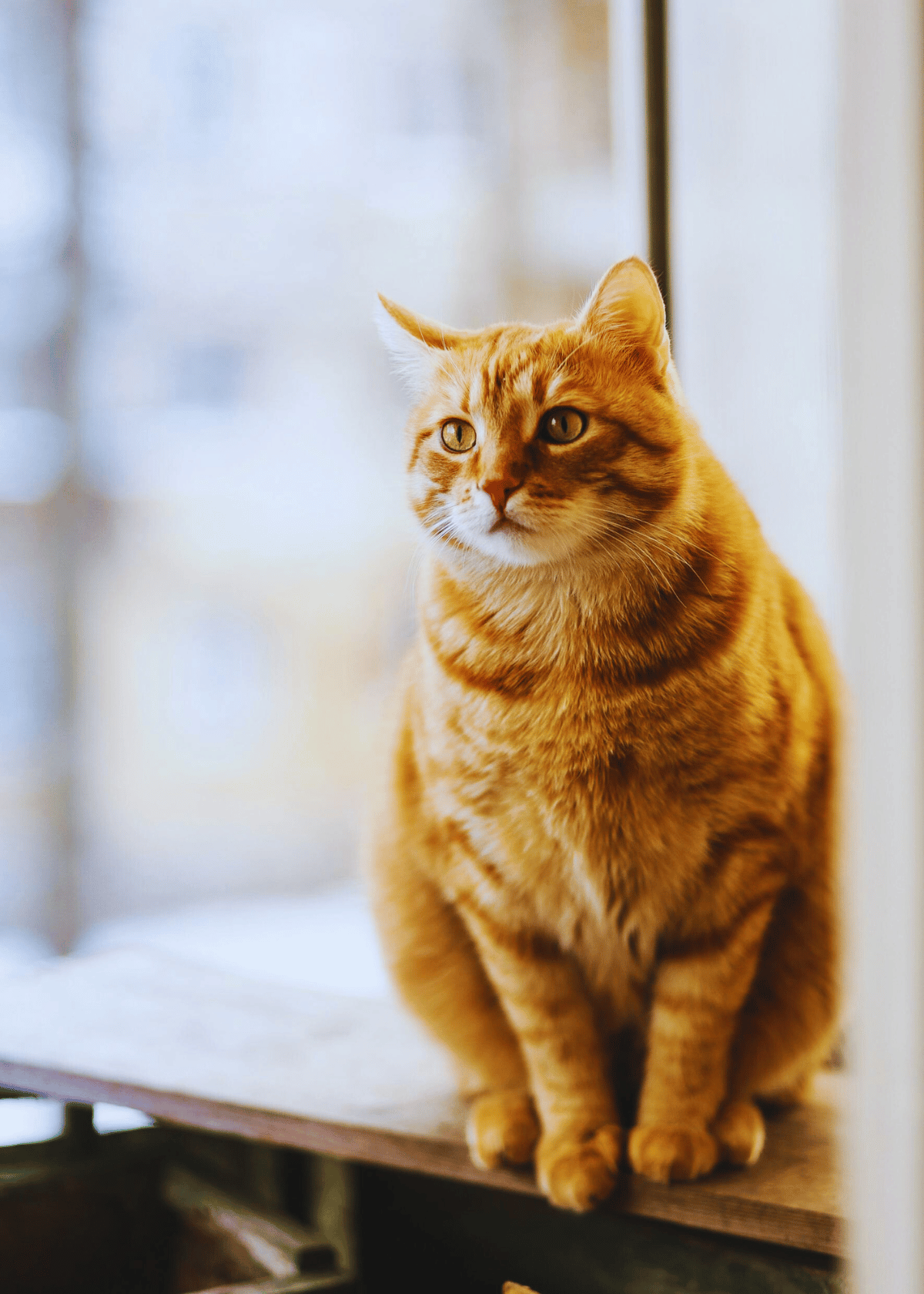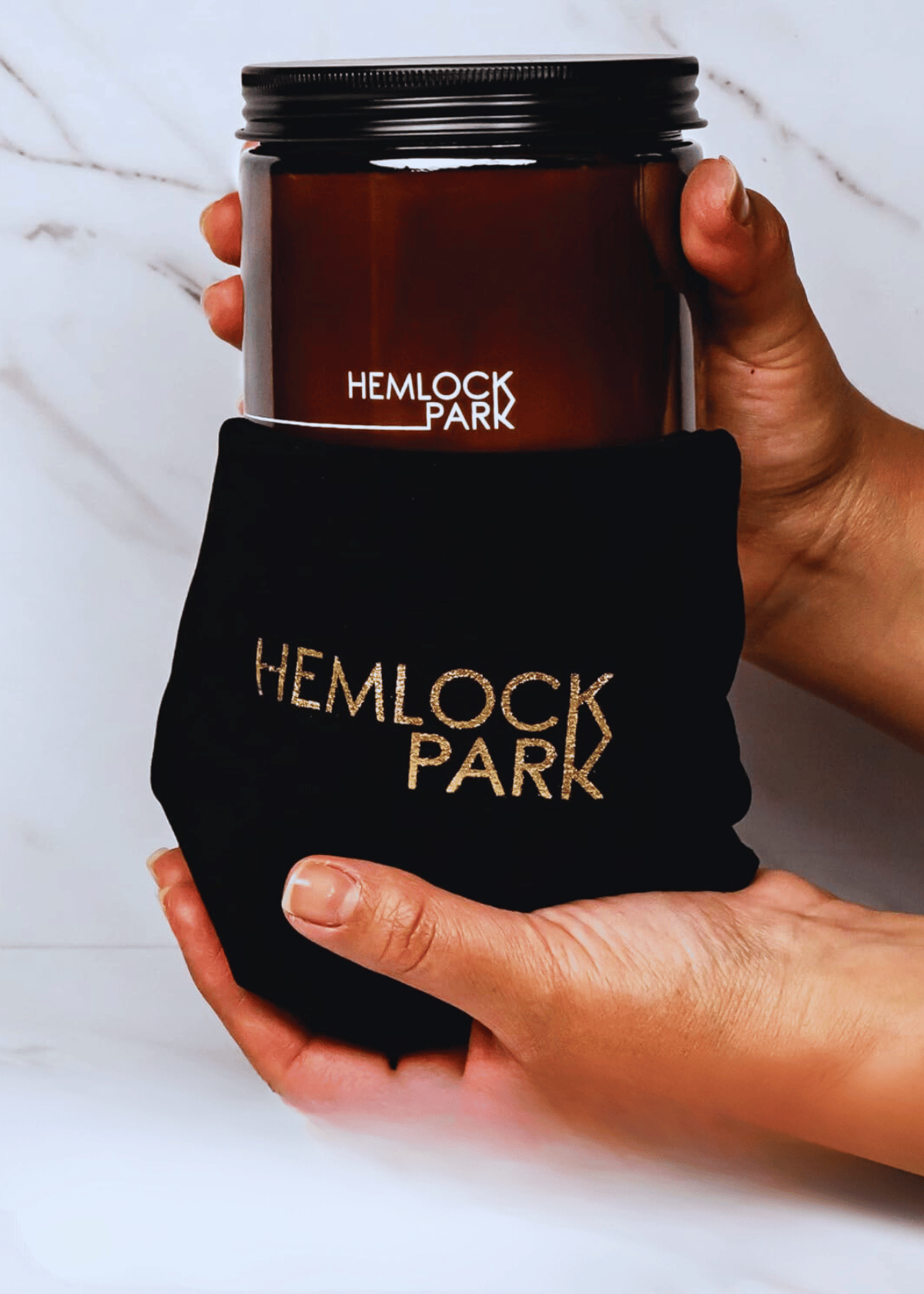Imagine wandering into a serene garden; the air is filled with the soothing scent of lavender, the calming aroma of chamomile, and a refreshing hint of lemon. Now, envision bringing that tranquil atmosphere into your home, creating a safe and calming space not just for you but also for your feline companion. This article dives into the world of aromatherapy oils that are not only beneficial for humans but are safe for cats as well. Here, you'll learn how to enhance your pet’s environment without compromising their health.
The journey to finding the perfect aromatherapy solution for your home is filled with scents and sensibilities. Just as you would choose the safest toys and foods for your kitty, selecting the right essential oils is a delicate balance of fragrance and feline safety. Keep reading to uncover how you can incorporate these aromatic wonders into your home, ensuring they bring joy and not harm to your furry friend.
How We Choose
The quest for finding aromatherapy oils safe for cats isn't taken lightly. As a cat owner and an avid user of essential oils, I've scoured through thousands of Amazon reviews, and product listings, and even consulted with veterinarians to find what works best for our whiskered friends. The main concern? Many essential oils that are heavenly for humans are a no-go for cats due to their sensitive metabolic systems which can't process certain compounds found in oils.
To navigate this, I focused on three key criteria: purity, dilution, and the type of oil. Each product selected for this review has been vetted to ensure they are 100% pure, properly diluted, and of a type that is known to be less risky for cats when used correctly. This comprehensive approach aims to give you peace of mind, knowing you’re not just bringing a delightful aroma into your home but doing so in the safest way possible for your pet.
Why We Love It
Plant Therapy's Lavender Essential Oil is a hit for anyone looking to bring a slice of aromatherapeutic peace into their home. This oil is celebrated for its pure, therapeutic-grade lavender, which not only offers a classic, sweet floral scent but also brings a wave of relaxation and tranquility that can benefit both you and your cat. The product is consistently praised for its effectiveness in promoting a calm environment, making it an ideal choice for households with pets. Users rave about its ability to soothe anxieties, improve sleep quality, and provide a pleasant atmosphere without overwhelming the senses.
Moreover, Plant Therapy’s commitment to quality is evident in every bottle. This lavender oil is 100% pure, undiluted, and free from any additives, ensuring that you're using only the best for your family and furry friends. The positive feedback from users highlights the oil's versatility—not just as a personal relaxation aid but also as a part of holistic wellness practices that include pet care. It’s particularly noted for its gentle scent that doesn’t just mask odors but genuinely enhances the environment.
What You Should Know
When considering Plant Therapy's Lavender Essential Oil, there are a few things to keep in mind. First, this product comes in a convenient 10 ml bottle equipped with a dropper, which is perfect for controlling how much oil you use. Each drop delivers a consistent amount of oil, which is crucial for safe usage around cats. The oil is also steam-distilled from the flowers of the Lavandula angustifolia plant, which is known for producing a particularly effective therapeutic oil.
Additionally, it’s important to understand how to safely use this oil around cats. Lavender is one of the safer options for feline-friendly aromatherapy, but it should still be used in a diluted form to avoid any potential adverse reactions. Plant Therapy provides detailed instructions on how to dilute and use their products safely, which is essential reading for any pet owner looking to incorporate essential oils into their home. The company also prides itself on being a part of the Leaping Bunny program, which certifies that their products are not tested on animals, further affirming their commitment to ethical and safe practices.
Why We Love It
The UpNature Citronella Essential Oil is a standout choice for cat owners who want to keep their pets calm and repel insects naturally. This product takes advantage of citronella's natural properties as a mosquito repellent, but it's also widely used for its soothing effects on the nervous system, which can be beneficial for pets during high-stress situations like thunderstorms or fireworks. The roll-on applicator is particularly appreciated by users for its convenience and mess-free application, allowing for direct, localized application that's fast and effective.
What’s more, customers love the portability of this roll-on. It’s easy to carry in a purse or pocket, making it perfect for outdoor activities with your pets. The scent is described as fresh and uplifting, not overpowering, which is ideal for sensitive noses—both human and feline. This product receives high marks for its dual functionality and ease of use, making it a favorite among those who prefer a natural and straightforward approach to pest control and stress reduction.
What You Should Know
The UpNature Citronella Essential Oil is designed for convenience and safety, but there are a few specifics you should know before using it around your cats. Each roll-on bottle contains 10 ml of essential oil, perfectly blended with fractionated coconut oil to ensure it is safe to apply directly to the skin. This dilution not only makes it safer for use around pets but also helps in maintaining the integrity of the citronella oil over time.
It’s important to note that while citronella is generally safe, it should be used cautiously around cats. The roll-on application method helps prevent overuse, which is a plus when considering pet safety. However, always observe your cat’s behavior with any new product and consult with a vet if you plan on using it regularly in your pet’s vicinity. UpNature also emphasizes that their oils are 100% pure and free from synthetic additives, ensuring that you’re applying a high-quality product not just for yourself but for your furry friends as well.
Why We Love It
NaturoBliss Lemon Essential Oil is widely acclaimed not only for its crisp, invigorating scent but also for its ability to enhance mood and atmosphere in any home. Lemon oil is celebrated for its refreshing and purifying properties, which make it a popular choice in households with pets. This particular brand offers a high-quality, 100% pure lemon oil, which can be used in various ways, from aromatherapy diffusers to all-natural cleaning solutions. Users commend its ability to neutralize odors, including those pet-related scents that are not always pleasant, while providing a cheerful burst of citrus that seems to lift spirits and brighten homes.
Additionally, many reviewers have pointed out how just a few drops of NaturoBliss Lemon Essential Oil in a diffuser can drastically change the ambiance of a room, making it feel cleaner and more vibrant. This oil is especially appreciated in homes with cats, as its natural properties can help reduce stress and create a more welcoming environment. The freshness of the scent is consistently noted, along with the oil’s versatility in both personal and household use.
What You Should Know
When it comes to the specifications and details, NaturoBliss Lemon Essential Oil comes in a generous 120 ml bottle, which offers great value considering its many uses. The oil is cold-pressed from the rinds of lemons, ensuring that its natural properties are preserved in the most effective way. This method of extraction also maximizes the potency of the oil, making it ideal for those looking to achieve strong, lasting scents and therapeutic benefits.
It’s important to remember, however, that while lemon oil is generally considered safe for use around cats, it should always be used in a diluted form and with proper ventilation. Cats have a more sensitive sense of smell and a different metabolic system, which can be affected by the compounds in essential oils. NaturoBliss advises users to consult with a veterinarian before regularly using the product around pets, particularly in enclosed spaces. Furthermore, the bottle is equipped with a dropper, allowing for precise control over each application, which is crucial to prevent overuse and ensure the safety of all household members, furry ones included.
Understanding Aromatherapy: Safe Practices for Cat Owners
When it comes to integrating the aromatic world of essential oils into our homes, cat owners need to tread with caution. Cats are uniquely sensitive to essential oils due to their highly efficient liver, which lacks certain enzymes to process many of the compounds found in these oils. This biological difference can make some essential oils toxic to felines even in small amounts.
Aromatherapy can be a wonderful way to enhance our living spaces, reduce stress, and even improve sleep quality. However, for those of us with furry feline friends, it's crucial to ensure that our aromatic choices do not endanger their health. Here are some pivotal facts and safe practices that can help you navigate the use of aromatherapy oils around your cat:
Oil Selection: Opt for essential oils that are known to be safer for cats. Some options include lavender, chamomile, and frankincense. Always avoid oils high in phenols such as tea tree, eucalyptus, and peppermint.
Diffusion: If using an essential oil diffuser, ensure it is in a well-ventilated area where your cat can leave if it feels uncomfortable. The diffusion should be limited to periods when it can be closely monitored.
Dilution: Essential oils should never be used undiluted, particularly around cats. A safe dilution ratio is typically recommended to be much higher for pets than for human use.
Consultation with Veterinarians: Before starting any aromatherapy regimen at home, consult with a veterinarian who is knowledgeable about essential oils and their impact on cat health. They can provide tailored advice based on your cat’s health history and specific needs.
By staying informed and cautious, cat owners can enjoy the benefits of essential oils without compromising their beloved pet’s health. This responsible approach ensures that the soothing essence of aromatherapy enhances the well-being of all household members.
Aromatherapy Oils Safe for Cats FAQs
Navigating the world of aromatherapy when you have cats can often lead to a maze of information, some of it confusing or contradictory. To ease your journey, we've compiled a list of the most frequently asked questions about aromatherapy oils that are safe for cats. This guide addresses your concerns, dispels myths, and provides you with reliable information to ensure your aromatic oasis is a safe haven for your feline friends.
Are essential oils safe to use around cats?
While some essential oils can be safe for use around cats, many are potentially toxic due to cats' unique liver metabolism which cannot effectively process certain compounds found in essential oils. Safe use involves choosing the right oils, such as lavender or chamomile, and ensuring they are highly diluted. Always consult with a vet and use essential oils in a well-ventilated space where your cat can leave if it feels uncomfortable.
What are the safest essential oils to diffuse around cats?
Lavender, frankincense, and chamomile are considered some of the safest essential oils to diffuse around cats. These should still be used with caution—diffused in a well-ventilated area and for limited periods to ensure your cat’s comfort and health.
Can essential oils be applied directly to a cat's skin?
It is generally unsafe to apply essential oils directly to a cat’s skin. Cats lack an essential enzyme in their liver to process and eliminate certain chemicals found in essential oils, which can lead to toxicity. Always dilute essential oils and consult a veterinarian before using any on your pet.
How can I safely use essential oils in my home with cats?
To safely use essential oils in a home with cats, diffuse oils that are safe for pets in a well-ventilated area, ensure the pet can leave the room, and limit the diffusion to short periods. Consider using passive diffusion methods rather than active diffusers to control the concentration of the aroma in the air.
What symptoms should I watch for if I think my cat is affected by essential oils?
Symptoms of essential oil poisoning in cats include drooling, vomiting, tremors, difficulty walking, or lethargy. If you observe these symptoms and suspect essential oil exposure, contact a veterinarian immediately.
Are there any essential oils I should always avoid using around my cat?
Yes, essential oils such as tea tree, peppermint, citrus, ylang-ylang, and eucalyptus should be avoided as they are particularly toxic to cats even in small amounts. These oils contain phenols and other compounds that cats cannot metabolize.
How do I choose the right essential oil products for a cat-friendly home?
Choose essential oils that are 100% pure, certified organic, and free from additives. Research each oil’s properties and consult a veterinarian to ensure they are safe for use around cats. Always select products from reputable brands known for their high-quality standards.
Can diffusing essential oils help reduce anxiety in cats?
Diffusing cat-safe essential oils like lavender can help reduce anxiety in cats. However, it’s important to introduce any new scent gradually and monitor your cat’s reaction to ensure it finds the aroma calming rather than stressful.
Is it safe to use aromatherapy diffusers in a cat’s room?
Using aromatherapy diffusers in a cat’s room is not recommended unless you can ensure the oil is safe for cats and the room is well-ventilated. It’s also crucial to provide an escape route for your cat in case it finds the aroma unpleasant.
How often can I safely diffuse essential oils around my cat?
Limit diffusing essential oils around cats to occasional use—perhaps a few times a week for short periods—not exceeding 30 minutes, with plenty of time for the room to air out in between sessions. Always observe your cat’s behavior during and after diffusing to ensure there are no adverse effects.
Conclusion
Integrating aromatherapy into your home when you have cats requires careful consideration and precaution. By choosing the right essential oils, using them responsibly, and continuously observing your cat’s behavior, you can enjoy the aromatic benefits without compromising your pet’s health.
Remember, when in doubt, always opt to consult with a veterinarian experienced in essential oil use. This guide aims to equip you with the knowledge to create a safe and serene environment, ensuring the well-being of all your household members, whiskered ones included.










